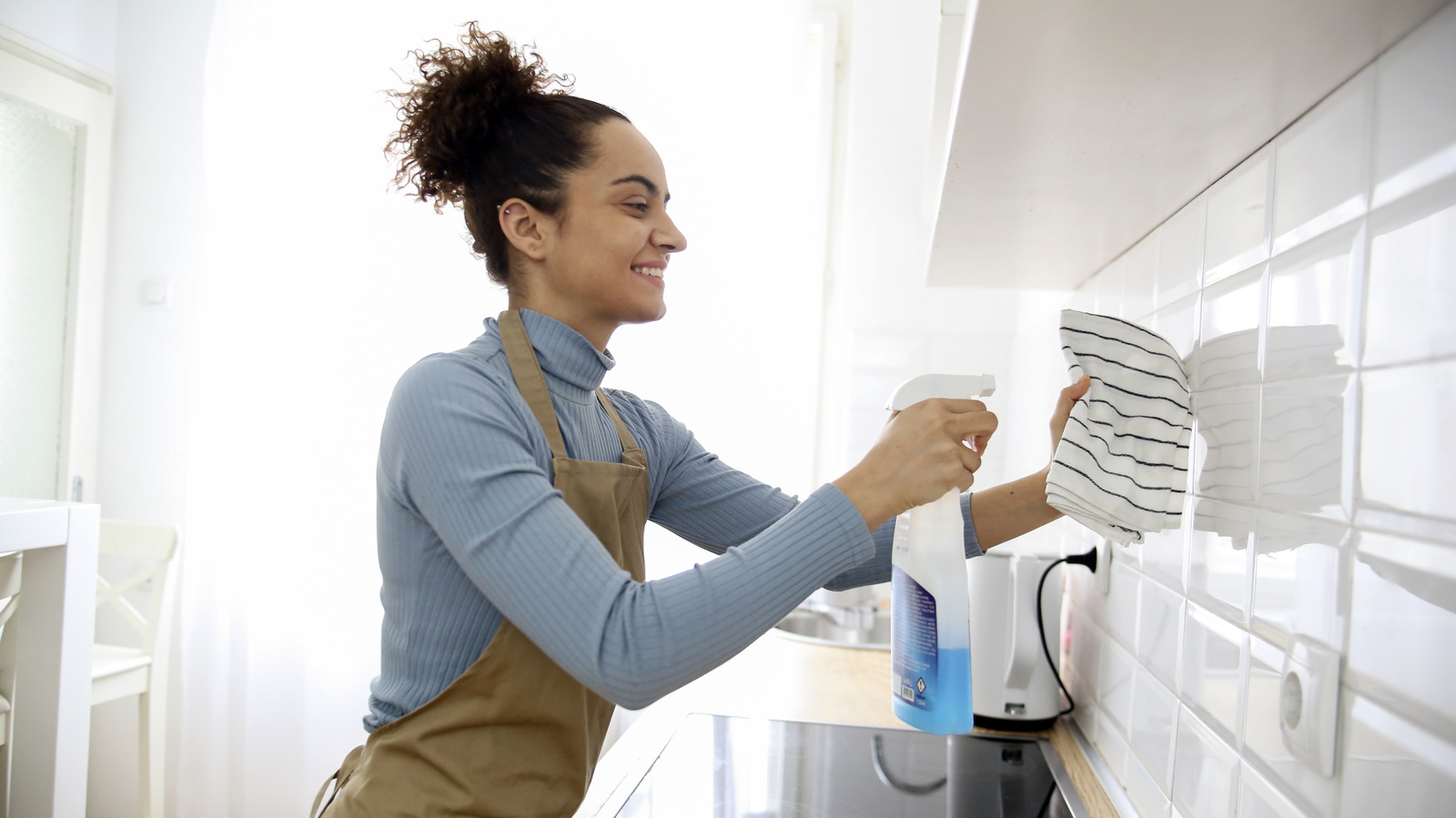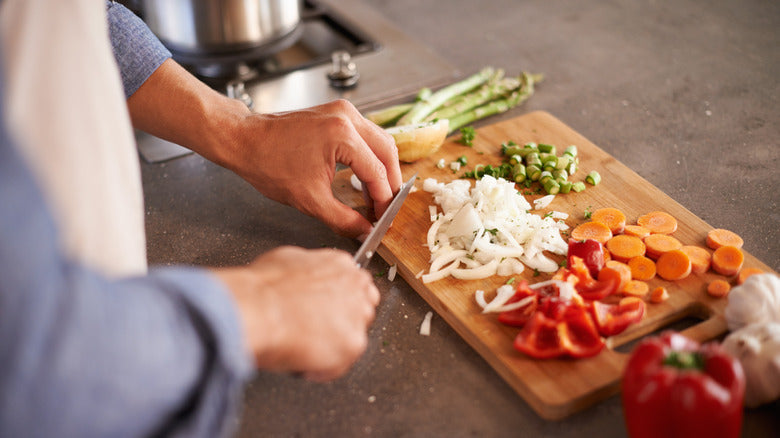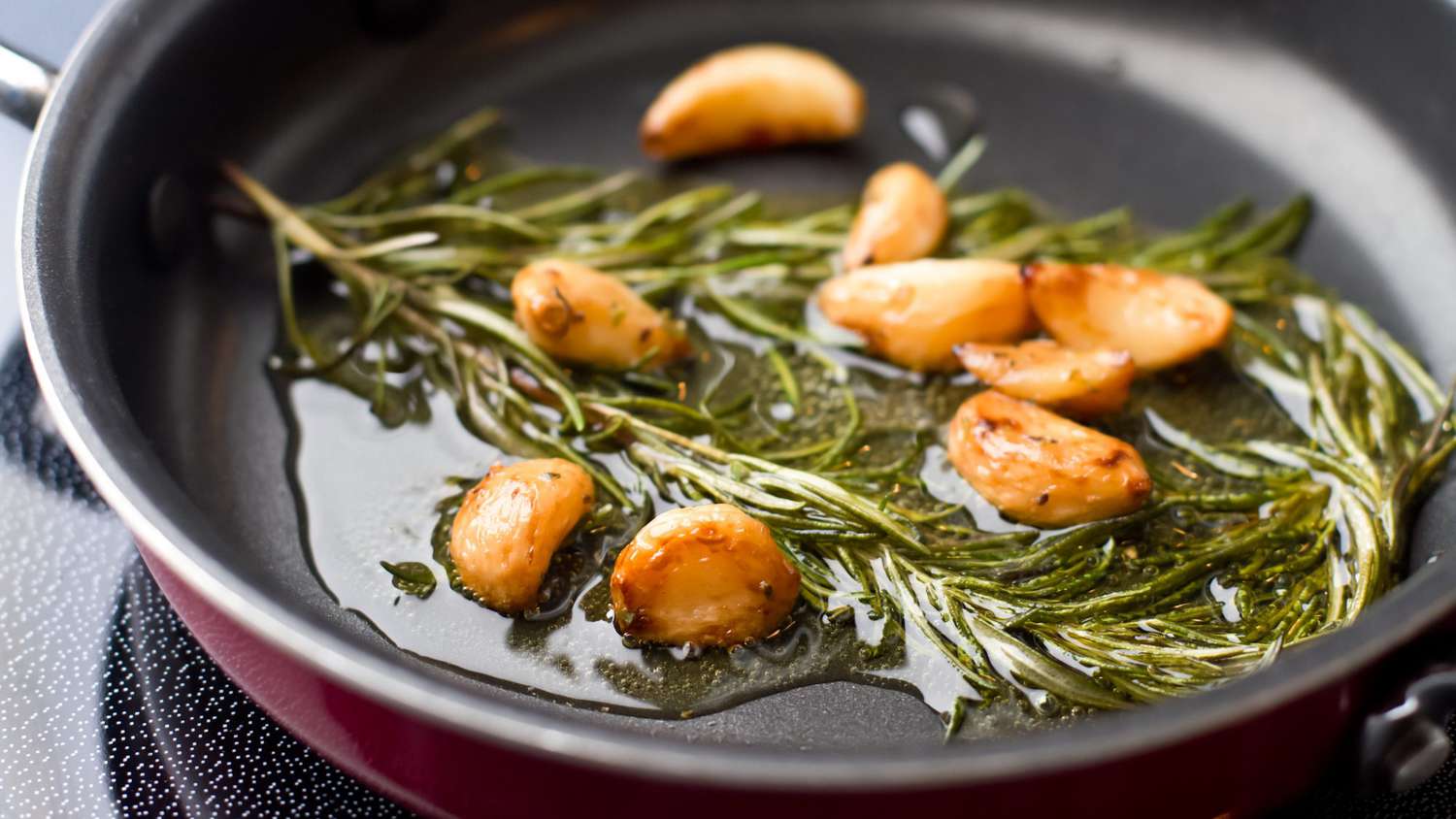Cooking with a cast iron skillet is a timeless tradition, cherished for its durability and heat retention. However, one of the most common challenges kitchen professionals face is how to keep eggs from sticking to cast iron cookware. Whether you are preparing a delicate omelet or a hearty scrambled egg dish, the last thing you want is for your culinary masterpiece to stick to the pan.
In this article, we will delve into practical strategies and expert tips that will empower you to master the art of cooking eggs in cast iron without the frustration of sticking. We will cover everything from proper seasoning to the best cooking techniques, ensuring you achieve perfect results every time.

Understanding Cast Iron and Its Benefits
Before diving into the specifics on how to keep eggs from sticking to cast iron, its essential to understand why cast iron is a preferred choice among many chefs. Unlike non-stick pans that may wear out over time, cast iron cookware is incredibly durable, capable of lasting for generations if properly cared for. Additionally, it provides even heat distribution, which is vital when cooking eggs to avoid hotspots that could lead to sticking.
Nevertheless, when using cast iron for egg dishes, it is necessary to take precautions. The surface of raw cast iron can be porous, making it prone to sticking if not adequately seasoned or used. Seasoning helps create a natural non-stick coating, enhancing the cooking experience.
How to Season Your Cast Iron Skillet Correctly
One of the essential steps in preventing eggs from sticking is to ensure your skillet is well-seasoned. Heres how to do it:
- Clean the Skillet: Start by scrubbing your cast iron skillet with warm, soapy water to remove any old seasoning or debris. Rinse and dry it thoroughly with a towel.
- Apply Oil: Use a paper towel to apply a thin layer of a high-smoke-point oil (like flaxseed or vegetable oil) all over the surface of the skillet.
- Bake the Skillet: Preheat your oven to 450F (230C). Place the skillet upside down on the top rack to avoid oil pooling inside. Bake it for one hour, then turn off the oven and allow the skillet to cool inside.
By repeating this process several times, you can build up a robust non-stick layer that will help significantly when cooking eggs.
Choosing the Right Cooking Technique
To further ensure your eggs do not stick, its crucial to implement the right cooking techniques:
- Temperature Matters: Always preheat your cast iron skillet before adding egg. A well-heated pan allows for better cooking and reduces the likelihood of sticking. Aim for medium heat.
- Add Fat: Incorporate an adequate amount of fat, such as butter or oil, into the preheated skillet. Allow it to melt and become hot before adding your eggs.
- Use Fresh Eggs: Fresh eggs have a firmer structure and are less likely to stick compared to older eggs, which may have a looser consistency.
Common Mistakes to Avoid When Cooking Eggs in Cast Iron
Kitchen professionals may occasionally make mistakes that lead to sticking. Here are common pitfalls to watch for:
- Not Preheating: Skipping the preheating step can lead to sticking, so make sure your skillet is adequately heated before adding oil.
- Using Too Much Heat: Cooking eggs over high heat can cause them to cook too quickly and create sticking. Stick to medium heat for optimal results.
- Insufficient Seasoning: Ensure your skillet is well-seasoned; otherwise, eggs will undoubtedly stick due to the exposed iron surface.
For further tips on caring for your cast iron cookware, refer to this guide.
Cleaning and Maintenance Tips for Cast Iron Cookware
Once you have successfully cooked your eggs without sticking, proper cleaning is crucial. Heres how to clean your cast iron skillet effectively:
- Do Not Soak: Avoid soaking your skillet in water, as it can strip away the seasoning.
- Use a Scraper: Instead, use a metal spatula or a scraper to remove food particles. For stubborn residues, use coarse salt as an abrasive.
- Rinse and Dry: Quick rinse the skillet under warm water, then dry it immediately with a towel or allow it to dry over low heat on the stovetop.
- Reapply Oil: To maintain seasoning, rub a very thin layer of oil over the surface after cleaning.
For more details about cleaning your cast iron cookware, check out this helpful article.
FAQs About Cooking Eggs in Cast Iron
Can you cook eggs in a cast iron skillet?
Yes, you can cook eggs in a cast iron skillet. Just ensure it is well-seasoned and properly heated to prevent sticking.
How do you prevent sticking when frying eggs?
To prevent sticking, preheat the skillet, use ample oil or butter, and work with fresh eggs.
Is it safe to use soap to clean cast iron after cooking eggs?
It is safe to use a little soap for cleaning, but it should not be necessary if the skillet is properly seasoned and cleaned immediately after use.

Conclusion
Cooking eggs in cast iron can be a rewarding experience when done correctly. By following these guidelines on how to keep eggs from sticking to cast iron, you can ensure that each dish you prepare is perfectly cooked and enjoyable for your guests. Remember that practice makes perfect, and dont be afraid to experiment with different techniques to find what works best for you.
For further reading on maintaining and caring for your cast iron equipment, visit this resource.
This article contains affiliate links. We may earn a commission at no extra cost to you.






Leave a comment
This site is protected by hCaptcha and the hCaptcha Privacy Policy and Terms of Service apply.